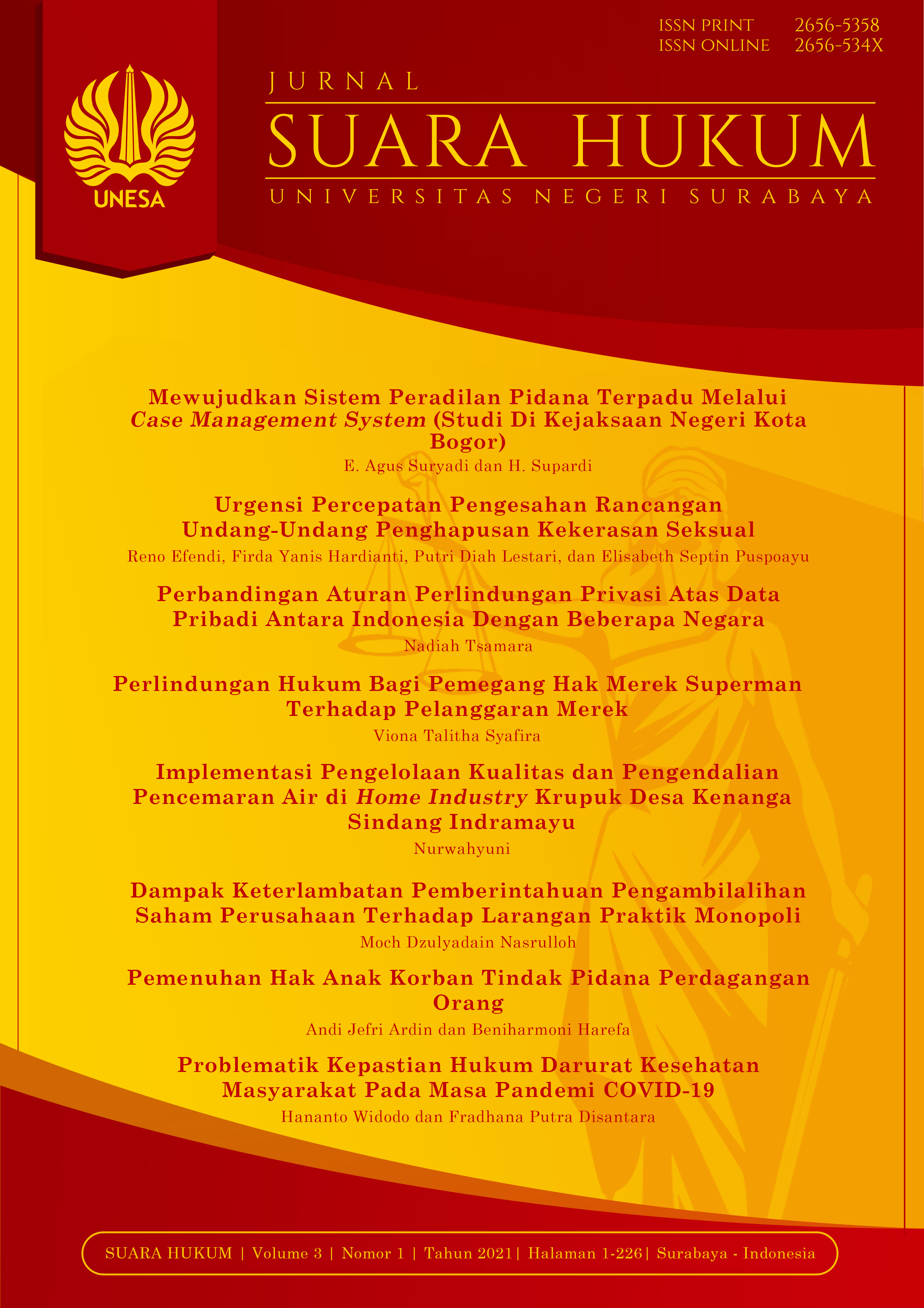Islamic Banking Sharia Compliance on Currency Transactions
DOI:
https://doi.org/10.26740/jsh.v3n2.p407-426Abstract
Sharia banking is one of the alternatives in the development of the financial world to develop a financial pattern based on Islamic law. In carrying out its activities, Sharia banking must follow legal compliance with the principles of Sharia or compliance, because Islamic banks are based on Islamic law, they must operate by following Islamic Sharia, especially those concerning the procedures for Islam. Sharia compliance is a form of Islamic bank accountability in disclosing compliance with sharia principles, where it is a manifestation of the fulfillment of all sharia principles in institutions in the form of characteristics, integrity and credibility of Sharia banks. One of the products of Islamic banking services is currency transactions. Through the fatwa of the National Sharia Council of the Indonesian Ulama Council (DSN-MUI) currency transactions has been given a Sharia basis that is in accordance with Islamic law and positive Indonesian law, so that Islamic banks can carry out currency transactions with follow the provisions stipulated both by the DSN-MUI as well as in Sharia and fiqh, because basically in the Sharia currency trading is allowed as long as it does not violate the provisions: not for speculation (chancy); there is a need for a transaction or just in case (savings); if the transaction is made against similar currencies, the value must be the same and in cash; and if different types, it must be done at the exchange rate prevailing at the time of the transaction and made in cash.
References
Al-Quran, (1984). Translated by Tim Departemen Agama Republik Indonesia. Jakarta: Departemen Agama Republik Indonesia.
Departemen Agama Republik Indonesia. (1984). Al-Quran. Departemen Agama Republik Indonesia.
Fuady, M. (1999). Hukum Perbankan Modern Berdasarkan Undang-Undang Tahun 1998. PT. Citra Aditya Bakti.
Junusi, R. EL. (2011). Implementasi Syariah Governance Serta Implikasinya Terhadap Reputasi dan Kepercayaan Bank Syariah. Annual International Conference on Islamic Studies, 1833.
Mamudji, S. (2005). Metode Penelitian dan Penulisan Hukum. Badan Penerbit Fakultas Hukum Universitas Indonesia.
Mulyo, H., & Shobahussurur. (1992). Falsafah dan Hikmah Hukum Islam. PT. Sinar Grafika.
Peraturan Bank Indonesia Nomor 13/2/PBI/2011 tentang Pelaksanaan Fungsi Kepatuhan Bank Umum (Indonesia Central Bank Rule regarding Commercial Bank Compliance), Pub. L. No. 5 (2011).
Sjahdeini, S. R. (2005). Perbankan Islam, dan Kedudukannya dalam Tata Hukum Perbankan Indonesia. PT. Pustaka Utama Grafiti.
Soekanto, S. (2007). Pengantar Penelitian Hukum. Universitas Indonesia Press.
Sutedi, A. (2009). Perbankan Syariah, Tinjauan dan Beberapa Segi Hukum. PT. Ghalia Indonesia.
Wardanti, S. M. (2011). Implikasi Shariah Governance Terhadap Reputasi dan Kepercayaan Bank Syariah. Jurnal Walisongo, 19(1), 3.
Yarmunida. Miti. (2019). Dimensi Syariah Compliance Pada Operasional Bank Syariah. Jurnal Al-INTAJ, 4(1), 143.
Downloads
Published
Issue
Section
License
Copyright (c) 2021 Musthofa Faruq

This work is licensed under a Creative Commons Attribution-NonCommercial 4.0 International License.
 Abstract views: 256
,
Abstract views: 256
, PDF Downloads: 952
PDF Downloads: 952




